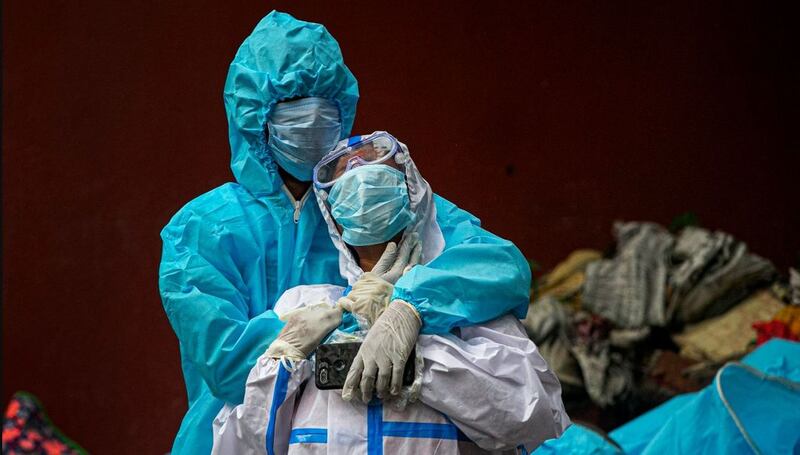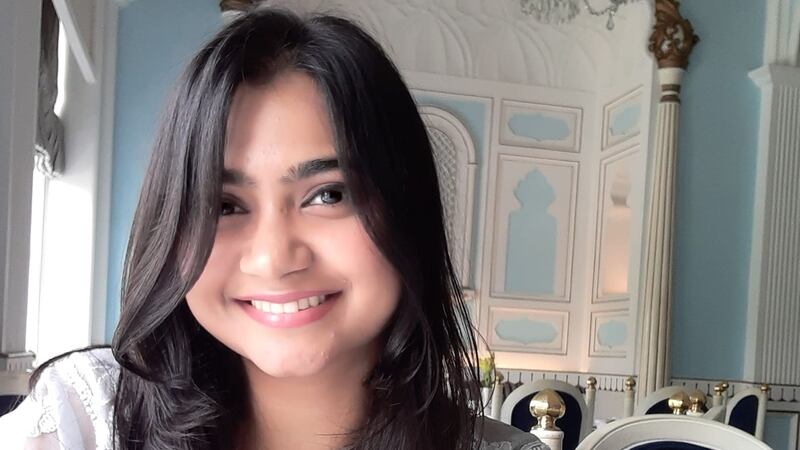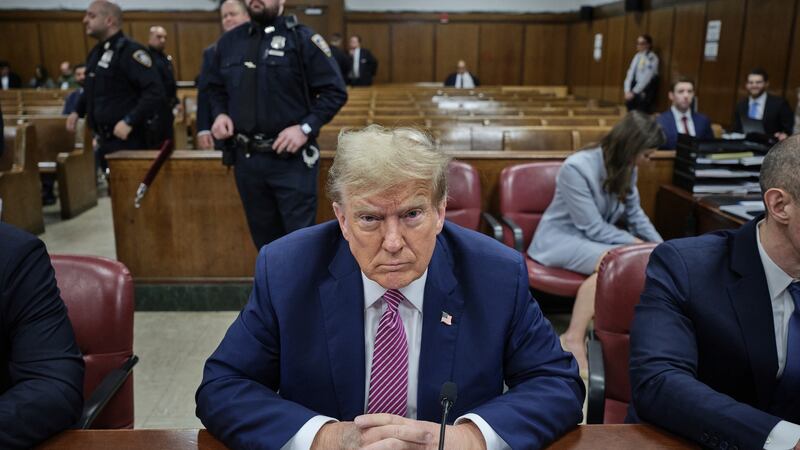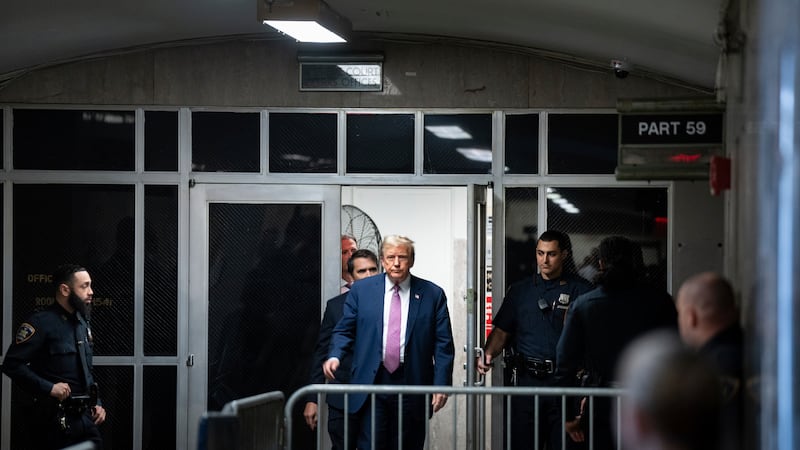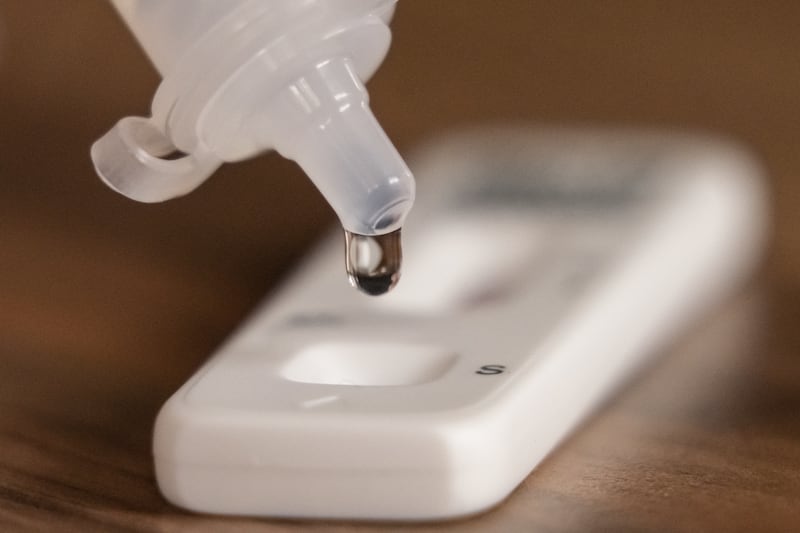With the world in the grip of the coronavirus pandemic, everyday life has been transformed. Four people living in different countries share their experiences of lockdown life and what the 'new normal' looks and feels like for them
Suparna Aggarwal
Suparna Aggarwal is completing a masters degree in public policy at OP Jindal Global University and lives in New Delhi. India has recorded 6,623,815 cases of Covid-19 and 102,685 people have died
There was a nation-wide lockdown in India. It started out as a 21-day lockdown which kept getting extended. Simultaneously, there were harsher lockdowns in certain areas where the concentration of Covid-19 cases was higher. These areas were called ‘containment zones’. In Delhi, the containment zones were 84 in April, and now it is over 2,000.
The general lockdown has now been termed ‘unlock’ and we are in the fourth stage of this unlocking process. Most restrictions have been relaxed by and large. We still have to wear a mask, socially distance ourselves and use sanitisers wherever we can.
Educational institutions are still closed along with cinema halls, swimming pools, entertainment parks, theatres.
The containment zones have a different set of restrictions such as, they cannot leave their houses, they have police in front of their residences and if they need groceries or other essentials someone will provide it to them.
The government has also recently changed their strategy regarding containment zones. The prime minister had mentioned in one of his addresses that they are going for micro containment zones. I do not have a lot of clarity on this as yet, but even if three people are infected in one household, it is declared a containment zone.
Unfortunately we all have to pay for healthcare. Even government hospitals charge for diagnosis and recovery. Recently, in Rajasthan, the government capped hospital fees to Rs 5,000-9,000 (£52-£94) due to the fact that many people were being exploited and over charged. Delhi did have similar price caps but none of the hospitals really follow rules. There isn't any clarity of how price caps work on insurance cases either. The majority fall under ‘out of pocket’ expenses which takes a toll on people as jobs and savings, including my own, are dwindling.
Health care services are in a precarious position. There are far too many people who need to avail of healthcare services but have received the short end of the stick due to increased prices or non-availability of the service itself due to overcrowding, reserving beds for people who were born in Delhi and hospitals refusing to admit patients as they are not ‘Covid-19 designated’ hospitals.
The Delhi government decided a while back to reserve beds for people who were born in Delhi. This applies to private and state-run hospitals. They also reserved 80% of beds for Covid-19 patients which the High Court has just declared arbitrary.
A lot of people have thrown caution to the wind. As the cases go up, so does everyone’s sense of freedom. Almost all the people you see on the road or park do wear a mask but do not physically distance themselves as they are supposed to. Self- isolation is tricky. The majority of people do not have the luxury to self-isolate due to small living spaces.
All schools and colleges are closed as of now. Many students don't have access to education at all anymore. It is estimated that 80% of parents have complained that students have not received education during the lockdown. This is in rural India. It's a tough situation. It is also estimated that many students will be out of the schooling system by the end of this academic year.
I am a student. My day looks a little bleak as of now. Pre-pandemic days were hectic, I was working and had no time to rest or catch a break. Now there is very little happening, all my interactions are limited to virtual formal or informal meetings, as that is the primary mode of education that my university has opted for. It has been done keeping in mind that exponential rise in cases per day in India and the fact that most of our professors fall within an age bracket that puts them in harm’s way. I wish I could add fun anecdotes about online classes, but there are none.
Patsey Conway-Murray
Patsey Conway-Murray is a therapeutic radiographer treating cancer patients with radiotherapy at a hospital in Qatar where she has lived for three years. She is originally from Ballymena, Co Antrim. Qatar has had 126,498 cases and 216 deaths
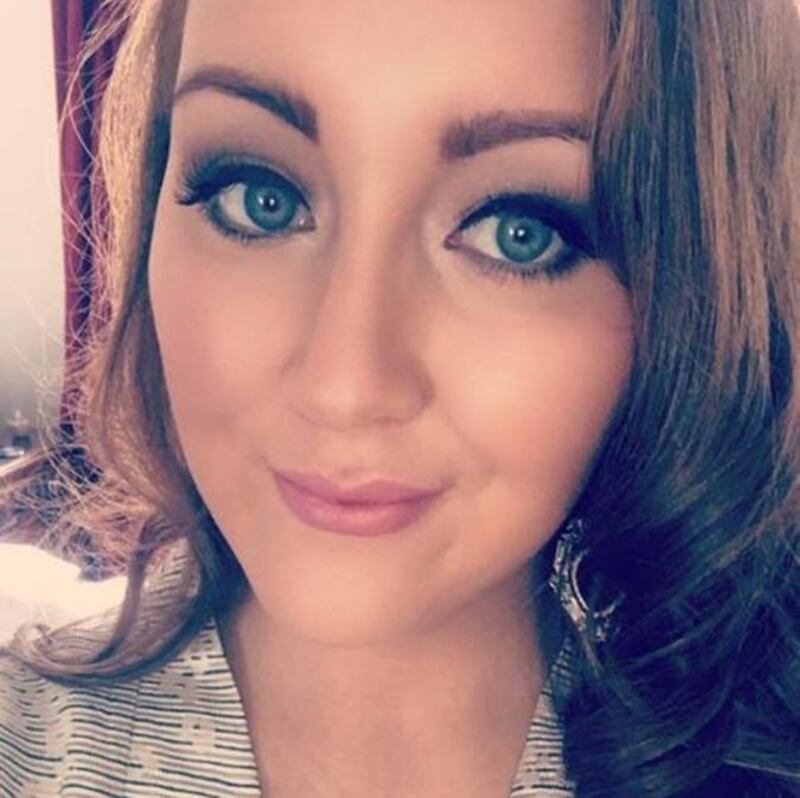
Lockdown started out in early March, primarily starting with the closure of schools, soon moving to include malls, gyms, cinemas, mosques etc. Honestly, initially, it was a little nerve wracking as these measures hadn’t yet been introduced at home and it still seemed a bit crazy and overwhelming that this was happening. But other countries quickly got on board too and soon this became the worldwide norm.
At the minute Qatar is averaging somewhere around 2,800 active cases, which has been declining daily. Contact tracing of any positive cases has continued throughout.
Phased reopening has been going well so far. Borders had been closed since March and the government has worked well to slowly reintroduce residents who were outside back into the country. Limitations are placed on daily re-entry numbers. Based on the ‘safe’ list, most people are entering with a Covid test on arrival in the airport, one week home quarantine and a second test after a week. If the second test is still negative, then you are fine to resume activities/work as normal.
This phased re-entry has allowed the country to maintain control of the virus.
We also have an app which was issued in May. Your status is updated on the app based on interactions/testing etc. This app, along with temperature, is checked on entry to everywhere public – malls, gyms, restaurants, workplaces etc. Only green status (no current positive result) will permit entry.
As much as there may have been a loss or limitation on personal freedoms, mostly people have taken it on the chin. It has been accepted that these are the things that must be done to ensure all of our collective safety. Mask wearing was made mandatory early on.
I work in oncology and, for the most part, our working conditions had to stay the same – cancer still needs to be treated and so we had a service and a duty to provide.
We adapted. We split into teams, bubbles. Basically, instead of one larger team, we split into two smaller teams, an AM team and a PM team. Those two teams didn't interact physically or socially for six months. Our patients were also divided into either AM or PM and so were treated by the same people everyday for the duration of their treatment. The theory was that if someone, patient or staff, became positive we could quickly identify which small amount of people had been in contact. We could evaluate risk and carry out testing/isolation if need be. It minimised the risk of transmission and spread. Within our teams, we also practised social distancing where possible, on breaks etc, and all our departmental meetings moved online.
It has worked well but this has also meant that, for six months or more, we have not seen some of our colleagues. That has been hard. Living as an expat in a different country, your colleagues and friends here become your extended family too.
At the beginning of the pandemic, it was hard to be separated from friends and family at home and elsewhere in the world, but there was this sense of collectivism – that everyone was doing the same. Grandparents not seeing grandkids, siblings not seeing each other etc
Now though as local lockdown measures ease at home and people have been reunited, it can be frustrating here. Travel restrictions are still in place, understandably, and for a lot of people, that means families are still separated. We appreciate how much the ease of travel before made expat living possible. I see a lot of expats weighing up the pros and cons of living abroad.
Conor Morgan
Conor Morgan has lived in Zurich, in Switzerland for 13 years and is originally from Dromiskin, Co Louth. He has two sons, Ryan (9) and Brady (8). Switzerland has had 54,384 cases and 2,077 deaths
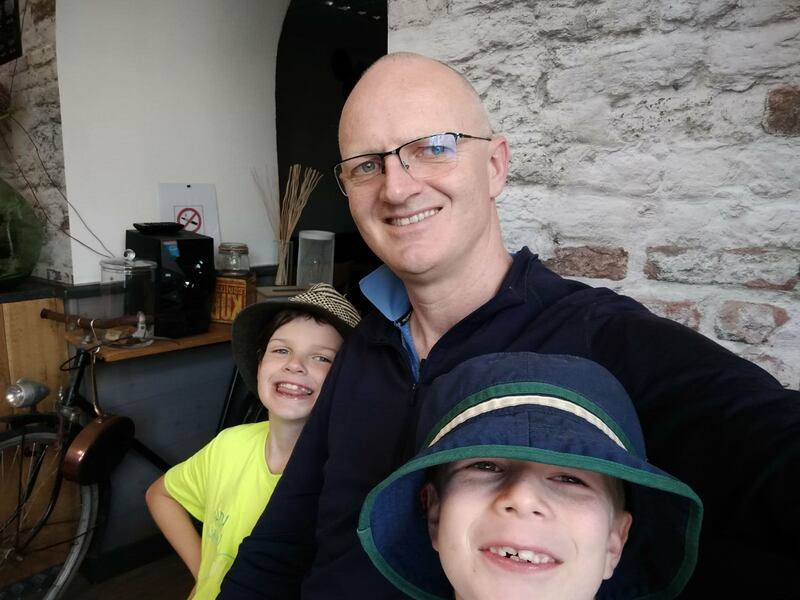
The whole thing about numbers in pubs just isn’t an issue here. You don’t get people packing into pubs or crowded around the bar. There isn’t that culture. People will meet for a drink or they’ll go for a coffee. And people prefer to be outdoors. You can do so many things outdoors anyway, like picnics, and you can combine a bit of sport with it. There are massive outdoor swimming complexes and there’s a lakeside so there’s all that space that people can use to do stuff without actually feeling like they’re having to risk breaking the social distancing.
I hardly noticed whether pubs and cafes were closed during lockdown. It was at that time of year coming out of the winter and the priority for people when they're waiting for spring and summer is to get outdoors so the last thing you’re thinking of is going indoors.
The odd day I would have wanted to go in for lunch somewhere and I did notice the rules were very different. There were restrictions on how many people could go in, places that did buffets had stopped, you were more spaced out and each table had a limited number of people. I don't remember them being shut completely but there must have been a period of a couple of weeks. I kind of missed all that; I didn’t notice it and it didn’t seem like a big deal.
I did think there was a period of time, what you would have called lockdown although it wasn’t as severe as it was in Ireland, where most people were being very good about it but then in the first few days of spring when the sun came out and you wanted to go out and do things the rules broke down very fast; so if people think this was just something the Irish were doing they’re wrong. They were completely disregarding the rules in Switzerland too when it suited them.
I know the schools were definitely shut for a few weeks. The boys, Ryan is nine and Brady is eight, live with their mum just up the road on school days/week days, about a mile door to door, and we were able to continue with our routine as normal. I was lucky enough that I was able to work from home during that period so they could get on with whatever schoolwork they had been given to do remotely and they were only doing very little in the beginning because the teacher literally didn’t have time to prepare the stuff so they’d give them things that would only keep them occupied for an hour and when that was done the kids were just looking for devilment.
I’m enjoying working from home more than I thought I would. I’m doing seven days out of 10 at home. We’ve a system in work, you’re in either the blue or yellow team, and you stay at home on your allotted week but must be in the office the other week. The company discovered how well it was working with people at home and as a result it’s now official company policy that people can work from home two days a week so now you have five days where you have to work from home and then the following week the two days are optional. I always take them. I find it great. I find no pleasure in getting the tram every morning and meeting crowds of people standing with their phone in their faces, to go to an office that’s nearly empty, where there’s no canteen and there’s hardly anyone there, there’s no craic, no conversation, you just sit at your desk all day and then you go home. It’s actually a little bit depressing.
Read more: Coronavirus around the world, part one. Stories from the US, Estonia, Zambia and Australia
Marloes Halkes
Marloes is a senior director at Philips and lives in Utrecht in the Netherlands with her partner and their four children. The Netherlands has had 141,226 cases and 6,508 deaths
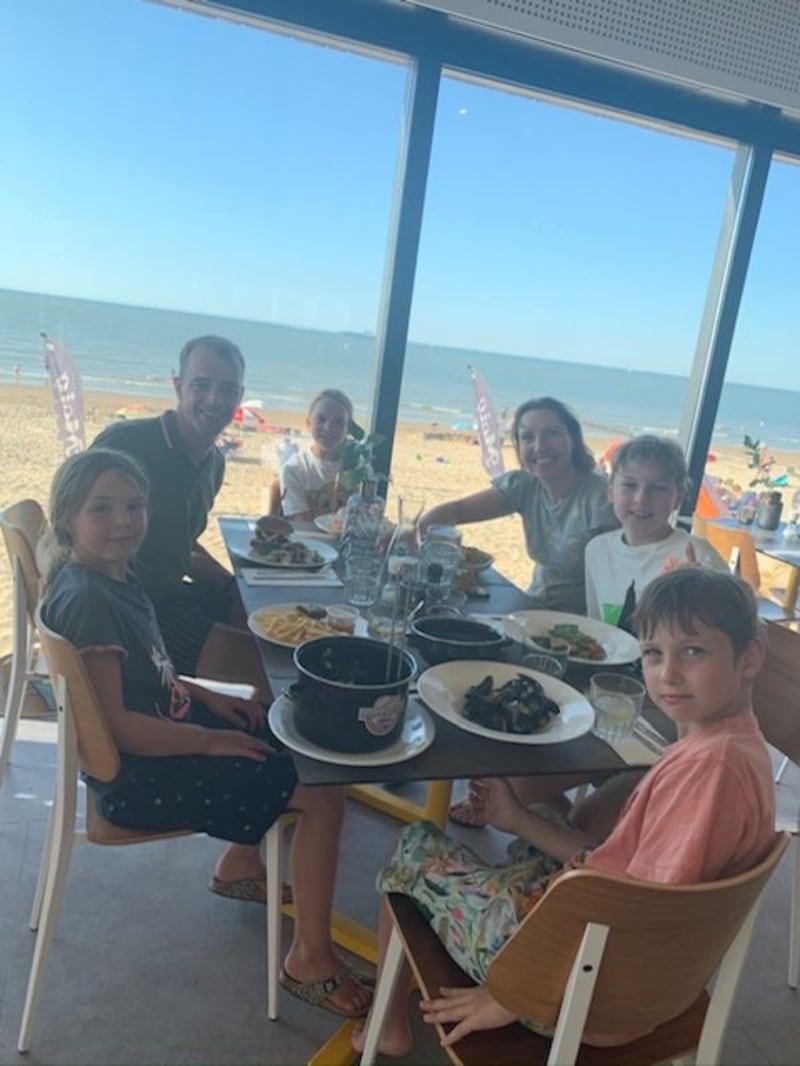
Lockdown had its ups and downs. Wiping out a social calendar that was a little too full, without any guilt, certainly gave a lot of space and relaxation. I also enjoyed spending a lot of time with the kids, we got creative and did theatre, sport, discovered new outdoor games (eg croquet) and started new hobbies including cross stitch.
What was tough was combining working from home with kids at home who were bored, and couldn’t meet their friends at first. There was always the feeling of not doing well enough - either for work when I was spending time with the kids or with the kids if I had to concentrate on work.
I hardly go into the office any more as my office can only allow 25% of capacity. This means that I save the daily commute time and can start my day feeling more relaxed as there is no rushing with the kids. I don’t have to plan ahead as much as I used to as I can get groceries more often and have more time to cook. I do notice that I actually work more hours than I did, as it is so easy to still do a call late in the day or type a few emails now my laptop is opened at my desk already. I guess that the time saved on my commute is equally divided between me and my employer.
After the first ‘wave’, the health service itself is managing. We do have a shortage of testing, which means that the waiting time to get a test can take up to three days. Then waiting for the test results takes another 48 hours, which means that after you discover symptoms, you have to quarantine for five days which is inconvenient.
In the Netherlands we have a very relaxed mask wearing regime. In public spaces it is really only public transport where we need to wear masks. In general the loss of personal freedom was easily accepted at the start. By now, you see some protests and quite a few younger people of student age who ignore some of the rules.
The Dutch government provides quite a lot of government support, so at the moment we don’t see huge effects yet. In fact the number of bankruptcies decreased versus pre-Covid. However, most economists expect a lagging effect coming in the next few months.
Especially at the start of the crisis, I saw a lot of people having radical opinions. This in itself didn’t trouble me so much, but it did trouble me that people started to have such strong opinions about what was right and what was wrong in a very dogmatic manner. I struggled to accept that people had such conviction with so little facts. It showed how difficult it is to say ‘we don’t know’ and ‘let’s try this’ instead of ‘I know’ and ‘we must do this’.
It scared me a lot as I was just reading a novel about the start of World War II in which the same thing happened. I really experienced the fact that civilization is only a very thin layer on top of a society that can become very unpleasant.
If you would like to share your story please get in touch with Maeve Connolly by emailing m.connolly@irishnews.com
Read more: Coronavirus around the world, part one. Stories from the US, Estonia, Zambia and Australia
